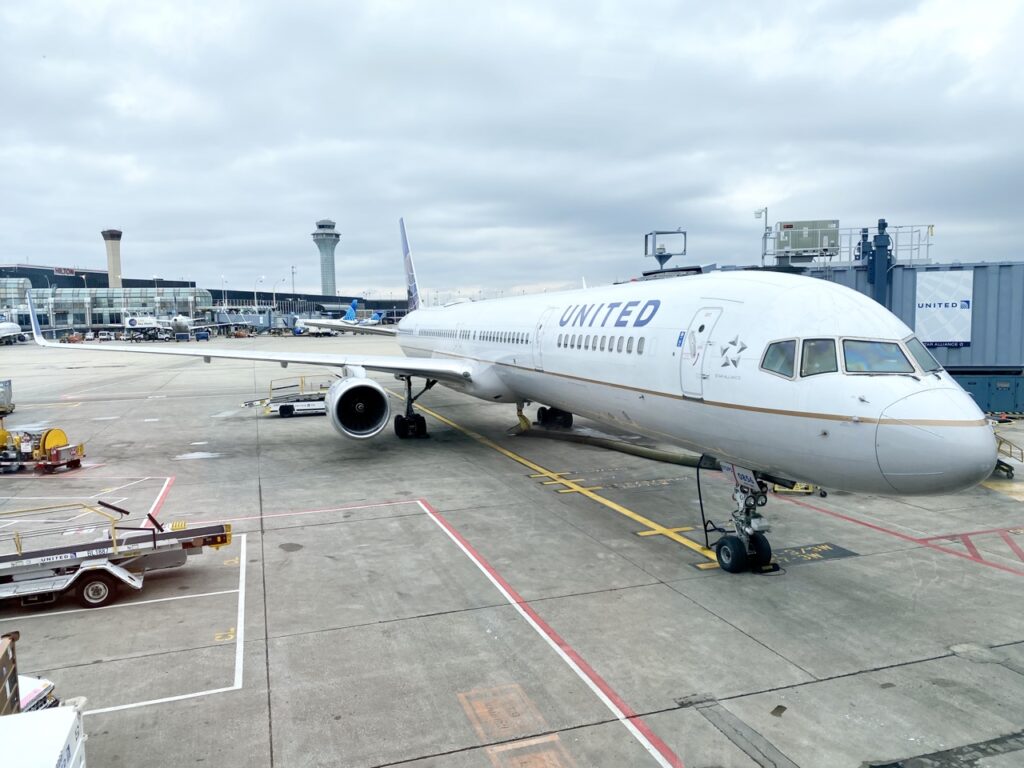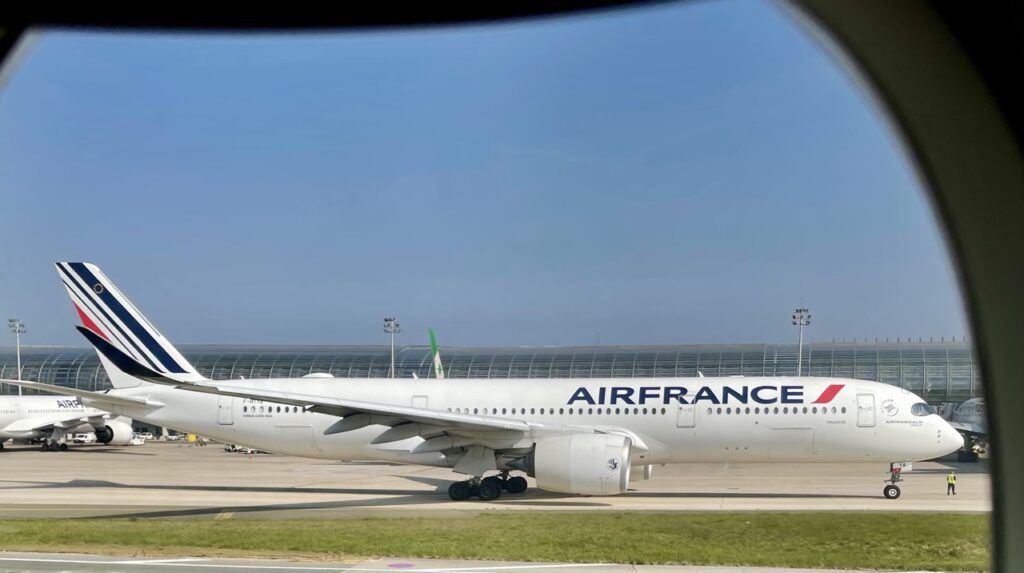Transformation Underway
China’s hospitality industry is undergoing a remarkable transformation, fueled by a tourism surge and evolving traveler expectations. As domestic and international travel volumes grow, hotels are increasingly adopting technology, cultural integration, and strategic expansion to provide immersive and memorable guest experiences.
Domestic travel in China has soared to record levels. In the first half of 2025, domestic tourist trips totaled 3.285 billion, marking a 20.6 percent increase from the previous year, according to the Ministry of Culture and Tourism. Summer travel is projected to further accelerate, with more than 2.5 billion trips anticipated, underscoring the nation’s strong appetite for exploration and leisure. This surge is driving hotels to rethink traditional hospitality models and focus on enhanced guest experiences that combine comfort, culture, and entertainment.

Hotels are increasingly embracing cultural immersion as a key feature of their services. Gourmet dining experiences and food tours highlighting regional cuisine allow guests to explore local flavors in unique and engaging ways. Public spaces within hotels are being transformed into entertainment hubs, hosting live shows, comedy acts, and interactive events that provide cultural enrichment beyond typical lodging services. Additionally, guided tours and urban heritage experiences originating from hotel premises offer visitors a deeper connection with the city’s history and landmarks, elevating hotels from simple accommodations to cultural gateways.
Technology Leading The Way
Technology is at the core of this evolution. AI systems now manage a significant portion of guest communications, handling inquiries, booking adjustments, and service requests efficiently. Robots and automated solutions support routine tasks such as room service and concierge assistance, freeing staff to focus on personalized service. This integration of AI and automation ensures seamless, responsive, and modern hospitality experiences while enhancing operational efficiency.
International travelers are also shaping hotel strategies. Multilingual support, tailored dining options, and culturally immersive programs—such as traditional tea ceremonies and local crafts workshops—ensure that global visitors enjoy authentic and accessible experiences. By combining advanced technology with rich cultural offerings, hotels are catering to diverse guest needs while highlighting China’s unique traditions.
The hotel industry is also pursuing ambitious regional growth. Plans to open over 100 properties across six Southeast Asian countries in the next five years reflect a drive to expand Chinese hospitality expertise abroad. This international expansion is expected to strengthen regional tourism, attract a broader audience, and promote cross-cultural engagement, positioning Chinese hotel chains as influential players in the global hospitality market.
Modern Travelers
Modern travelers increasingly seek experiences that go beyond conventional comfort. In response, hotels are integrating art exhibitions, wellness programs, sports activities, and interactive cultural events alongside traditional accommodations. These offerings align with global trends in experiential tourism, emphasizing engagement, personalization, and meaningful interactions.
Digital innovation extends well beyond AI. Mobile apps, online booking systems, and data analytics enhance operational efficiency, streamline check-ins, and allow hotels to personalize services based on individual guest preferences. These tools enable hotels to anticipate needs, optimize resources, and maintain high standards of service in a rapidly changing tourism landscape.
The convergence of cultural programming, advanced technology, and strategic expansion is redefining China’s hotel sector. By turning traditional lodgings into immersive destinations, hotels are offering travelers unforgettable experiences while adapting to evolving expectations. This holistic approach demonstrates how the industry is leveraging tourism growth to innovate, enhance service quality, and expand its international footprint.
China’s hospitality sector is proving that growth in tourism can be a catalyst for industry-wide transformation. With AI-enabled services, curated cultural offerings, and bold regional expansion, hotels are meeting the rising expectations of modern travelers and establishing a new standard for global hospitality. As tourism continues to flourish, China’s hotel industry is positioned to lead the way, blending tradition, innovation, and international influence into an entirely new model of travel experience.
What do you think?



